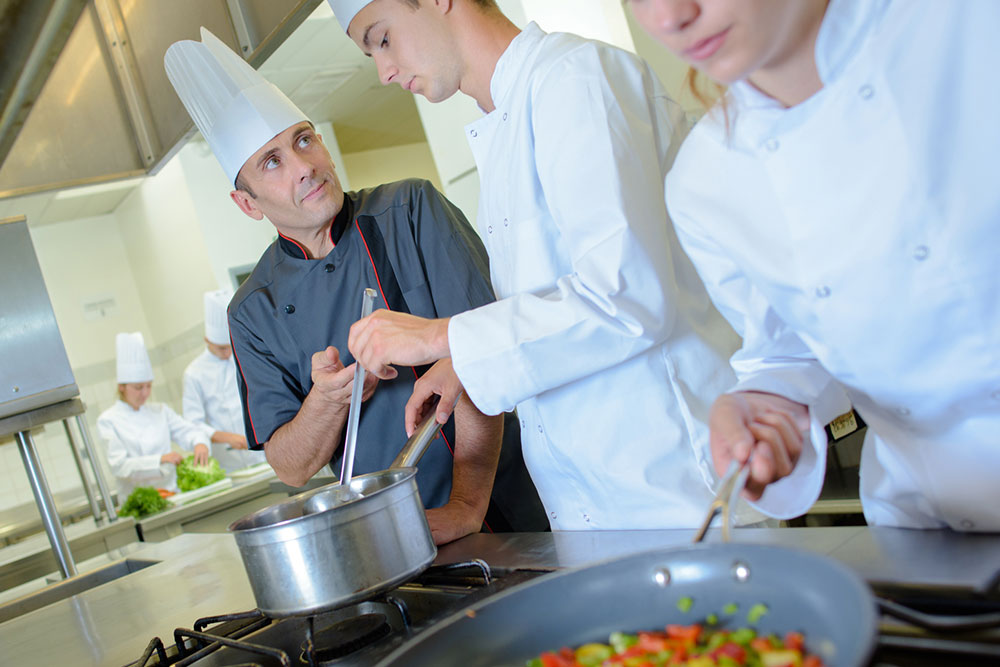Essential Tips for Applying to Culinary Schools
Explore key considerations for choosing the right culinary school, including curriculum, faculty, facilities, costs, and environment. Make informed decisions to kickstart your culinary career with confidence. Find top programs that offer practical experience, expert faculty, and supportive environments to help you succeed in the culinary industry.

Essential Tips for Applying to Culinary Schools
Aspiring chefs aiming to excel in the culinary world often consider enrolling in a culinary academy as a crucial step. Yet, there’s ongoing debate about the value of formal education versus practical experience. While both are important, obtaining a college credential can significantly boost career opportunities. Before making a decision, it’s vital to evaluate several factors to find the right fit.
Curriculum and Practical Experience
Hands-on training offers invaluable learning opportunities. It allows students to engage in real kitchen environments, fostering skills that go beyond textbook knowledge. Studies indicate students in interactive learning settings tend to perform better. When selecting a culinary program, investigate if the school features on-site kitchens or restaurants. These facilities enable guided practice in a controlled setting, essential for skill development.
Program Requirements
When choosing a culinary course, identify the specific requirements and course duration that suit your goals. Search beyond basic keywords like “affordable culinary schools” or “short-term culinary courses.” Focus on programs aligned with your culinary passions, whether in catering, fine dining, or fast-food environments. Understanding the curriculum and training scope helps ensure the program matches your career aspirations. Not all top-ranked schools may be ideal if their focus areas don’t align with your interests.
Faculty Expertise
A diverse and experienced faculty can significantly enhance your learning experience. Look for schools with instructors skilled in various cuisines and techniques, preparing you for different kitchen settings. Learning from seasoned professionals equips students with practical tricks and prepares them for industry challenges. A strong faculty enriches your education and broadens your culinary horizon.
Alumni Success and Reviews
Research the school's success rate by reviewing alumni careers in the industry. Connecting with former students or reading testimonials provides insight into the program’s effectiveness. Find out about the curriculum, faculty quality, and hands-on training from those who have experienced it firsthand. Their feedback can help determine if the school aligns with your career goals and expectations.
Campus Environment
Assess the learning environment and campus culture. A supportive and welcoming atmosphere encourages creativity and skill development. Avoid schools with stressful or uninviting atmospheres, as these can hinder your growth. Choose a place where students thrive, learn, and build confidence in a positive setting.
Financial Considerations
Cost is a major factor for many aspiring culinary students. With often modest starting salaries post-graduation, high tuition fees can lead to debt. Seek affordable, accredited programs, such as those recognized by the American Culinary Federation (ACF), to access quality education without excessive financial burdens. Budget-friendly options help you start your career on a solid footing without overwhelming debt.
Facilities and Equipment
Modern facilities and equipment are essential for comprehensive training. While some community colleges may offer affordable programs, they might lack up-to-date technology. Premium culinary schools invest in state-of-the-art kitchens, giving students exposure to the latest tools and techniques. Although not always necessary, modern facilities can enhance learning and better prepare students for industry standards.
Top culinary programs provide a blend of quality education and work-life balance. When selecting a school, ensure it meets these criteria. Notable institutions include New York University, Drexel University, University of Cincinnati, and Mississippi State University, which offer excellent culinary training.









